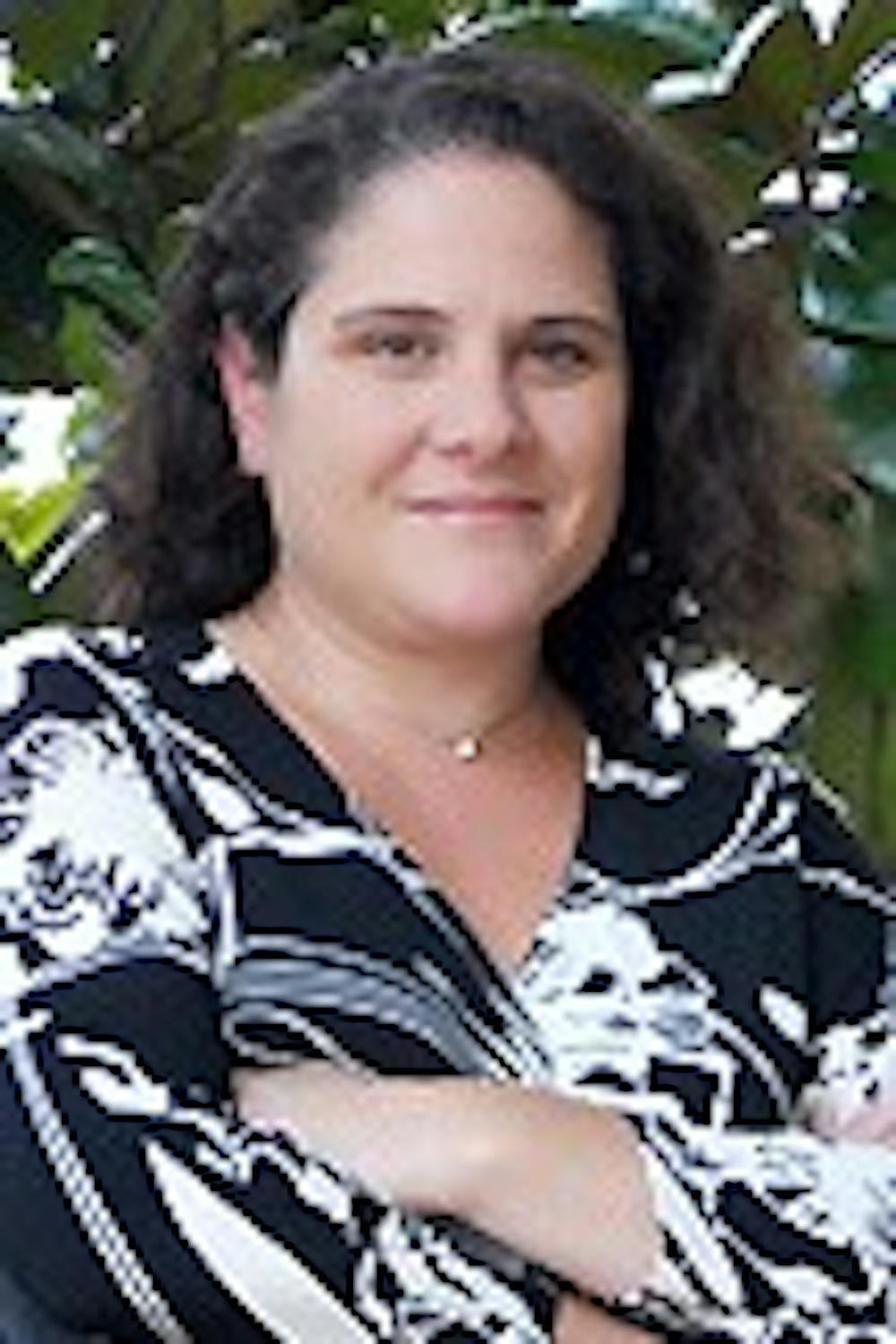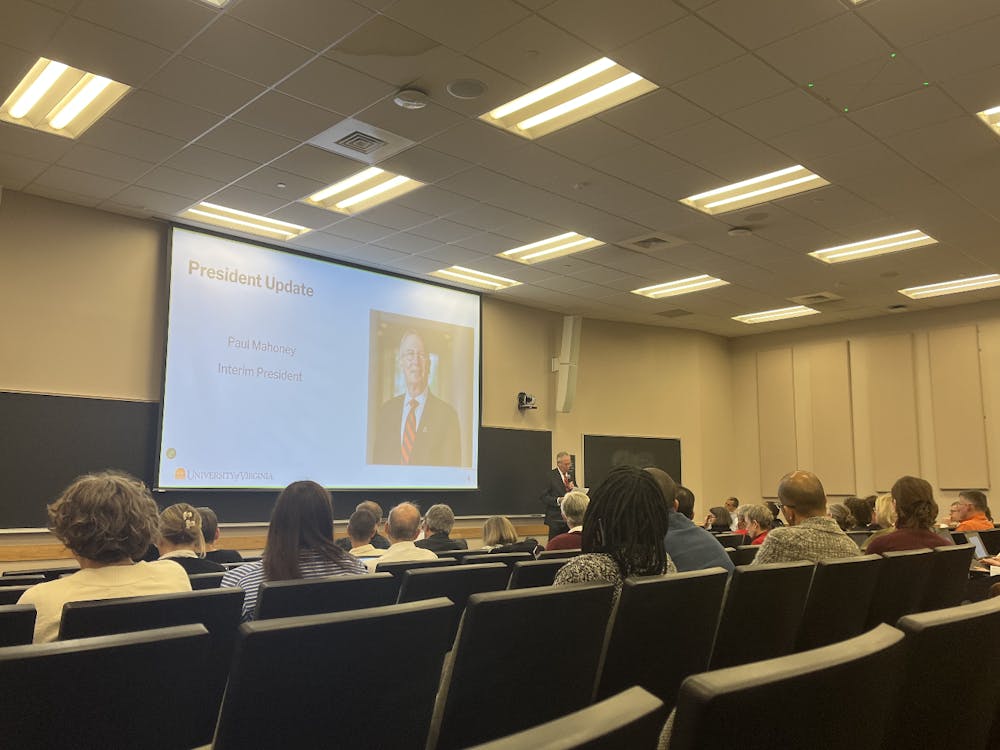The University will likely redefine its sexual assault policy next fall pending the approval of new clarifications put forth by the U.S. Department of Education related to the Violence Against Women Act. The DOE approved a draft Tuesday which clarified the policies and definitions found in the Clery Act, a piece of 1990 legislation which governs national campus security, as amended by VAWA. The changes will largely redefine how the University views cases of dating violence, domestic violence and stalking.
“We do expect that we will need to make some revisions to our policy in response to these regulations,” said Associate Dean of Students Nicole Eramo, who chairs the Sexual Misconduct Board, in an email. “I do expect that we will move dating, domestic violence and stalking out from under our current Sexual Harassment definition and make them separate, stand-alone, charges.”
Eramo said the University will likely make other staffing changes and should have its final response to the new DOE regulations soon after they are finalized in November. Eramo said the University will likely put its new policies out for public comment before they are officially approved.
“We are also hiring a Prevention Coordinator to help us better focus our work around sexual violence and hazing prevention, so you will definitely see more education, prevention and outreach on these issues as that person comes on board,” Eramo said.
The Clery Act changes, crafted by a 15-person committee during the weekend, largely focus on how colleges are supposed to address sexual assaults in their campus crime reports. According to a copy of the negotiated changes obtained by Inside Higher Ed, “an institution must include in its annual security report a clear statement of policy that addresses the procedures for institutional disciplinary action in cases of alleged dating violence, domestic violence, sexual assault, or stalking.” In addition, the draft requires colleges have a “prompt, fair, and impartial process” for instances of sexual assault.
Jill Dunlap, committee member and director of campus advocacy, resources and education at the University of California, Santa Barbara, said the committee focused mainly on defining different sexual assault issues and offering guidance for how they factor into the law.
“Our work was really designed to be focused on helping campuses understand the legislation and helping campuses to be in compliance with it,” Dunlap said. “We didn’t in any way fundamentally change the law. Given the fact that we were required to stick with what was given in the law, our job was really just adding meat to the law so that people could understand it. ”
Dunlap also said, since the committee was only supposed to enhance the original law, there were some instances in which proposed definitions had to be simplified so as to not stray too far from the actual legislation.
“When we were defining dating violence, for example, we wanted to make sure people knew that that involves both emotional and psychological abuse,” Dunlap said. “[But] every time we tried to expand our definitions too far, the DOE came and said, ‘No, that’s not what the law said.’”
The effects of the Clery Act changes will vary depending on the size of a college or the type of security it has, according to Dunlap.
“Some campuses don’t have formal law enforcement, some only have campus security — those security reports look very different,” she said. “How do you educate incoming students about violence education and dating violence with a huge campus as opposed to a smaller campus? It’s definitely going to have different impacts on different sized campuses and in different ways.”
Dunlap said the draft represents an important collaboration between higher education administrators and law enforcement workers.
“The fact that we came to consensus around one draft … is pretty phenomenal,” she said. “Most of the people, I think, will tell you they are pretty happy with what has come out.”







